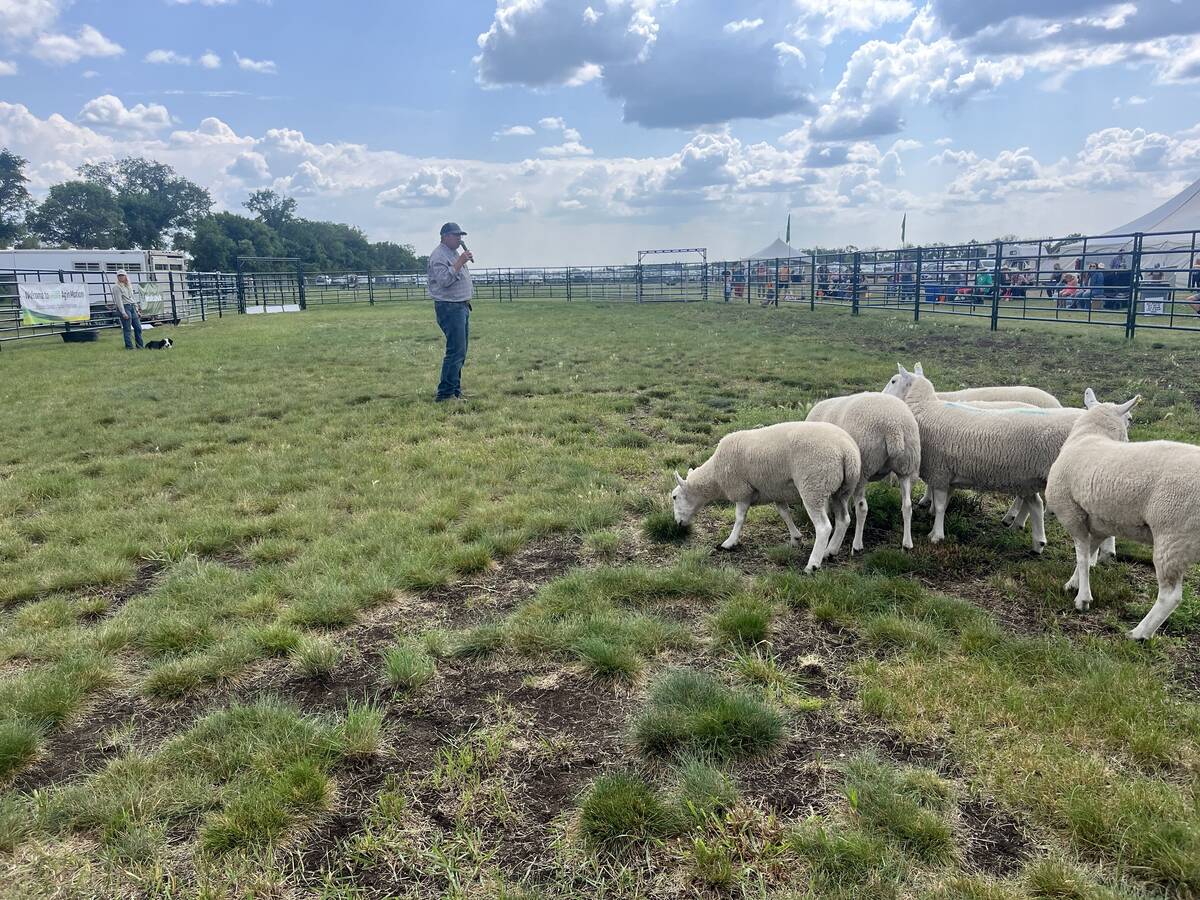Transition to private company continues
The Conservative government is setting aside $52 million in the next fiscal year to help cover CWB transition costs from single desk marketer to open market seller.
The government budgeted almost $182 million in the fiscal year ending March 31 to cover costs of cutting staff, ending contracts, covering debts and putting its downtown Winnipeg head office up for sale.
The last of the transition money is budgeted in the next fiscal year.
But last week, agriculture minister Gerry Ritz dismissed claims from CWB defenders that the government confiscated tens of millions of dollars in farmer assets when it privatized CWB Aug. 1, 2012.
Read Also

Stock dogs show off herding skills at Ag in Motion
Stock dogs draw a crowd at Ag in Motion. Border collies and other herding breeds are well known for the work they do on the farm.
Ritz told the House of Commons agriculture committee Feb. 28 that CWB’s main asset is its customer contact list and its new ability to sell any grains and oilseeds.
He disputed the value of CWB physical assets. A farmer-backed class action suit against the government claims in part that farmer-owned assets were taken without compensation.
“There was a misconception somewhere out there that there was this huge asset value that farmers were somehow missing, the building, the rail cars were worth a lot of money,” he told MPs. “At the end of the day, they weren’t.”
He said CWB assets were more than covered by liens against them for costs such as upgrades to the computer system.
Ritz said the government continues to support the CWB as another farmer option, and it has “a number of suitors” as planning continues on how it can become a private grain company.
He said the CWB has foreign contacts that no other grain company can replicate.
“That’s the value of their rolodex,” he said.
“They continue to be seen as providing a safe secure product. They’ve got markets in China and Japan that no one else will probably ever have access to.”
Ritz said the government transition money is meant to help CWB deal with costs of downsizing.
“Things need to be paid out.”
















